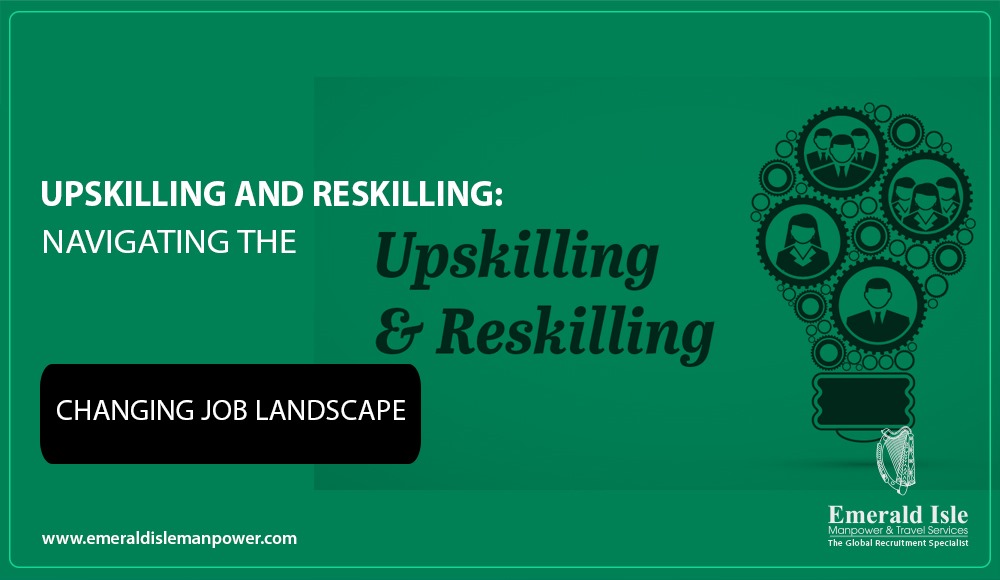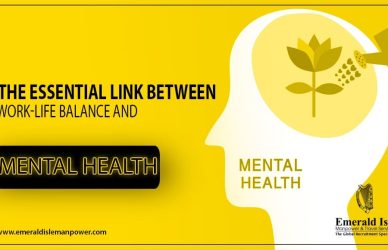In today’s rapidly evolving job market, the need for continuous learning has become more critical than ever. Technological advancements, globalization, and the ever-changing business landscape are reshaping industries and job roles at an unprecedented pace. As a result, individuals must proactively engage in upskilling and reskilling to stay relevant and competitive in their careers.
Understanding Job Upskilling And Reskilling:
Upskilling:
- Definition: Upskilling involves acquiring new skills or enhancing existing ones within your current field.
- Importance: With the constant evolution of technology and industry practices, upskilling helps professionals adapt to new tools, methodologies, and best practices.
- Examples: Learning advanced coding languages, mastering data analytics, or becoming proficient in emerging technologies.
Reskilling:
- Definition: Reskilling refers to acquiring an entirely new set of skills to transition into a different career or industry.
- Importance: Reskilling allows individuals to pivot and explore new opportunities, especially when their current roles face obsolescence due to technological advancements or economic shifts.
- Examples: Transitioning from a traditional marketing role to a data science position or acquiring new skills for a career in sustainable energy.
The Need for Continuous Learning In A Job:
Rapid Technological Advancements:
- Impact on Jobs: Automation and artificial intelligence are changing job requirements, making it crucial for professionals to adapt to new technologies to remain employable.
- Case Studies: Explore specific industries where technology is reshaping job roles, such as manufacturing, finance, and healthcare.
Globalization and Industry Dynamics:
- Global Trends: Examine how globalization has created a more interconnected job market, requiring professionals to possess a diverse skill set.
- Industry Shifts: Discuss examples of industries experiencing significant shifts and the implications for workers who must adapt through upskilling and reskilling.
Strategies for Successful Upskilling and Reskilling:
Self-Assessment:
- Identifying Strengths and Weaknesses: Understand your current skill set and pinpoint areas that need improvement.
- Career Goals: Align upskilling and reskilling efforts with your long-term career objectives.
Continuous Learning Platforms:
- Online Courses and Certifications: Explore the plethora of online platforms offering courses and certifications in various fields.
- Professional Development Programs: Discuss the importance of attending workshops, seminars, and industry conferences to stay abreast of industry trends.
Employer-Supported Initiatives:
- Corporate Training Programs: Highlight the benefits of employers investing in their workforce’s skill development.
- Collaboration with Educational Institutions: Explore partnerships between companies and educational institutions to facilitate employee learning.
Overcoming Challenges:
Time Constraints:
- Time Management Strategies: Offer practical tips for balancing work, personal life, and continuous learning.
- Microlearning: Discuss the effectiveness of short, focused learning sessions to accommodate busy schedules.
Financial Barriers:
- Affordable Learning Resources: Provide information on cost-effective or free learning platforms.
- Employer Sponsorship: Encourage individuals to explore employer-sponsored education programs.
Case Studies and Success Stories:
Real-Life Examples: Share success stories of individuals who have successfully upskilled or reskilled to thrive in dynamic job markets. B. Industry Transformations: Highlight industries that have successfully navigated changes through a skilled and adaptable workforce.
Conclusion:
In conclusion, embracing upskilling and reskilling is no longer a choice but a necessity in the modern job market. By staying proactive, continuously learning, and adapting to industry changes, individuals can future-proof their careers and remain valuable contributors to the workforce. The commitment to lifelong learning is not just a personal investment but a strategic move towards a resilient and successful professional journey.








